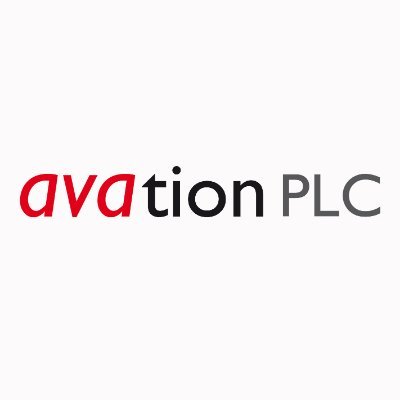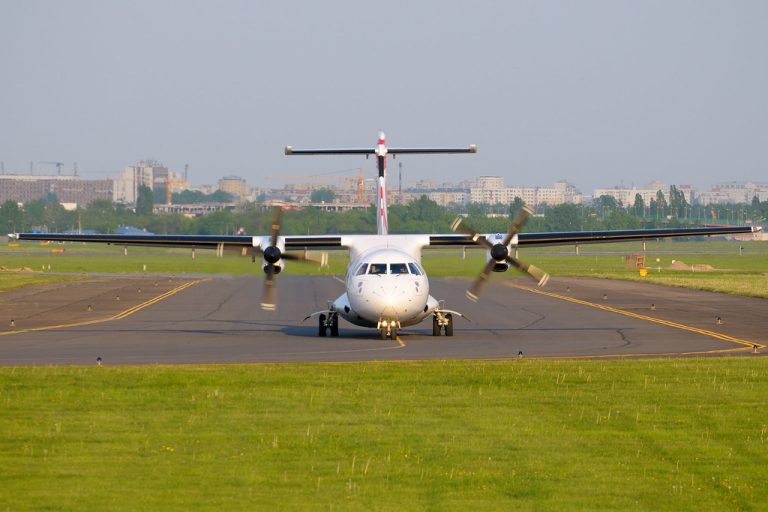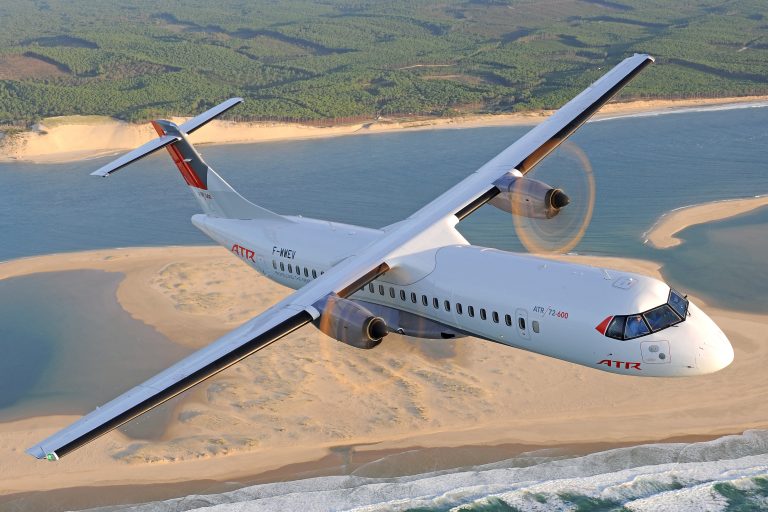Sustainable Aviation Fuel is not a vague future promise, it’s actively reshaping the fuel mix powering global aviation. This article explores why SAF is fast becoming the cornerstone of aviation decarbonisation, how it links into the broader renewable energy ecosystem, and what makes it a compelling opportunity for strategic investors.
Sustainable Aviation Fuel is a next-generation substitute for conventional jet kerosene. Produced from feedstocks such as used cooking oil, agricultural residues and forestry waste, SAF delivers a substantial reduction in lifecycle greenhouse gas emissions. Crucially, it functions seamlessly with current aircraft engines and fuelling infrastructure, making it a rare clean energy solution that requires no immediate capital overhaul. Although global usage remains limited today, SAF is now scaling faster than any other aviation fuel alternative.
The aviation industry contributes approximately 2% of global CO₂ emissions. Unlike other sectors, it cannot decarbonise rapidly through electrification. SAF steps in as a tangible solution for existing fleets, avoiding the decades-long wait for hydrogen or electric aircraft to become mainstream. Government initiatives are supporting this shift with ambitious targets and funding programmes that back both supply and demand growth, creating a solid foundation for industry-wide adoption.
Challenges remain, particularly around feedstock availability and production costs. Today’s SAF is typically more expensive to produce than fossil jet fuel, but innovations are narrowing that gap. New feedstock sources, from wet waste to woody biomass, are expanding the supply base. At the same time, technological advances such as alcohol-to-jet and power-to-liquid fuels are pushing the boundaries of efficiency and scalability.
The trajectory is steep but promising. SAF production is forecast to more than double by the end of the decade, with a growing number of commercial-scale facilities under construction worldwide. As volumes rise, economies of scale and regulatory support are expected to compress costs and drive broader adoption. Policy incentives, including tax credits, carbon pricing mechanisms and fuel mandates, are already stimulating investment and improving profitability across the SAF value chain.
Feedstock innovation is particularly exciting. Novel production pathways using renewable electricity and captured CO₂ offer ultra-low carbon intensity, while avoiding food-versus-fuel debates. These approaches are still emerging but are backed by robust investment, setting the stage for commercial breakthroughs in the next five to ten years. The result is a dynamic environment where multiple SAF technologies are converging to create a flexible, resilient and sustainable fuel network.
For investors, SAF is more than a green fuel, it is a strategic position in the future of aviation and energy infrastructure. The opportunity spans early equity stakes in production facilities, partnerships with logistics providers, and participation in emerging carbon offset platforms. As long-term supply agreements between airlines and fuel producers become more common, investor visibility and confidence are increasing.
Market risks remain, price volatility, regulatory shifts and execution complexity must be managed. Yet, with growing demand, supportive policy frameworks and expanding technological options, SAF is uniquely positioned as a scalable, investable solution aligned with net-zero goals. The next phase of growth will favour those who move early, capitalise on innovation and align with partners building long-term SAF capacity.
Avation PLC (LON:AVAP) is a commercial passenger aircraft leasing company owning a fleet of aircraft which it leases to airlines across the world. Avation’s future focus are new technology low CO2 emission aircraft.








































